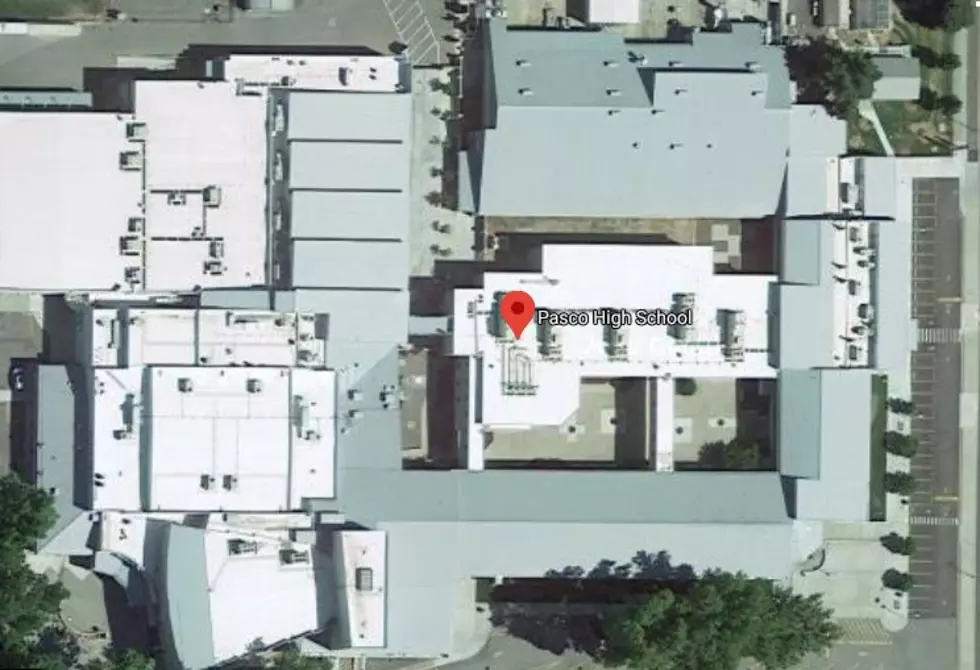
Local Officials Don’t Know COVID Test Cycle Levels–PCR Rates
With all the big news lately about the WHO (World Health Organization) recommending PCR cycles be lowered for COVID testing, we wondered what cycles tests in our region are using. This was from December, and recently WHO in January said lowering cycles would produce more accurate tests.
As we reported this week, PCR cycles are, simply, the number of 'tries' made to determine if COVID is present in a person, and if they are sick. If the PCR cycles are too high, that means the test is too 'sensitive' and often results in false-positives.
It's like having your car alarm set too sensitively, when the wind blows hard, or even a loud nearby noise will trigger it. Too many PCR cycles, too many false tests.
With this in mind, we wanted to find out what the PCR rates have been for tests in our region. If they were done at the higher rates, would that mean potentially COVID counts were misleading?
We reached out to the Benton Franklin Health District, and a PIO (public information officer) quickly responded to us. We learned that the tests they over see or 'administer' are not processed or evaluated by the Department. They are, according to the BFHD:
"We use the University of WA lab for the community test site through the Health Commons Project."
We were told the BFHD does not know what PCR cycles are being run. Whether it's 30-40 as recommended now, or 35-45 cycles found in many American labs that have led to a lot of false-positive and erronious COVID case reports--numbers being too high.
The PIO also talked with Dr. Amy Person, the Chief Medical Officer, prior to their response, which also included:
"The cycle threshold is set by the manufacturer and the lab. Beyond that, we do not have any more information."
Before you get angry with the BFHD or other county health offices, consider that none of them have their own working labs. That would be an astronomical and actually somewhat clumsy process, so they contract out their lab work.
However, it appears to be concerning that these labs apparently do not provide PCR and other information back to the Health Departments.
There are a myriad of ways to get a test, private doctor, health department, pharmacies etc. But as far as the health department, officials are not told what the test cycle rates are. And, it appears for all testing, it is dependent upon the lab--see previous quote from BFHD.
We did appreciate their response. We have reached out to both the University of WA lab and WSDOH, but as of this writing, have not received a response.
More From 870 AM KFLD









